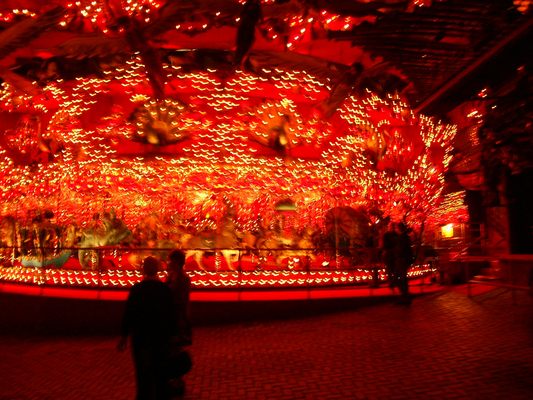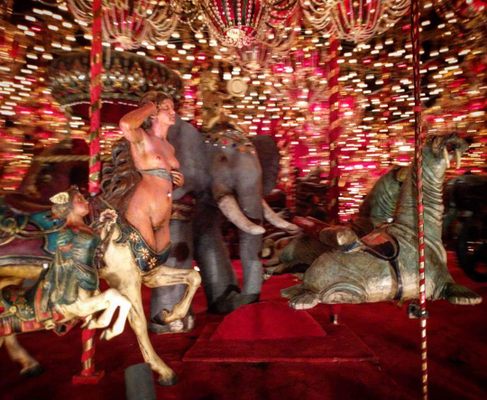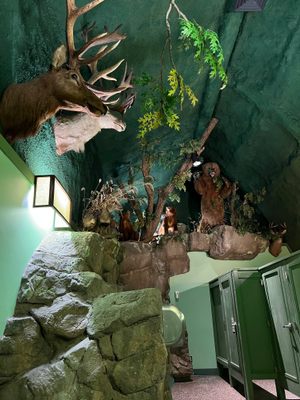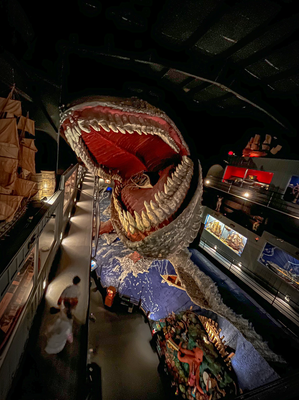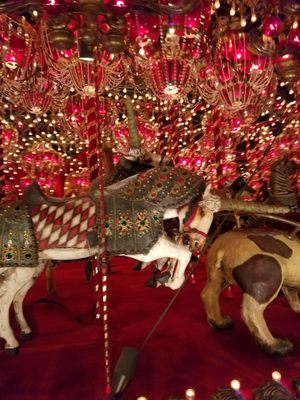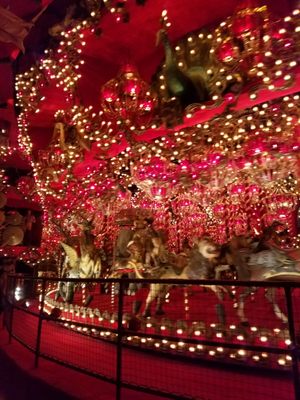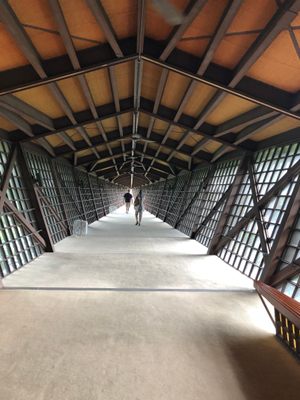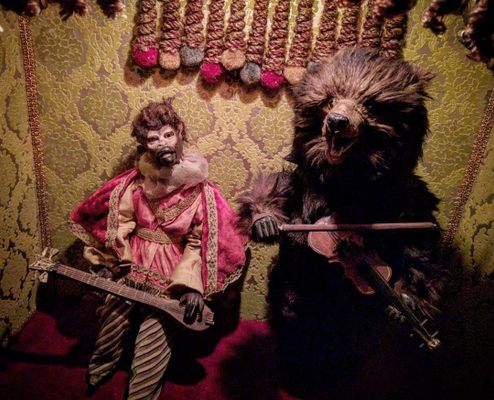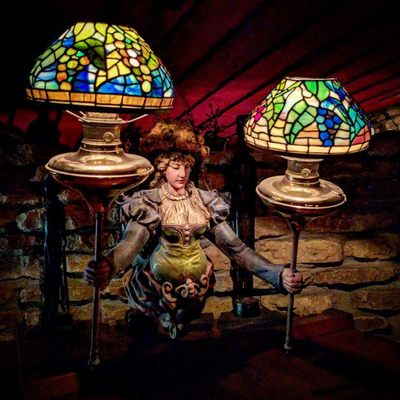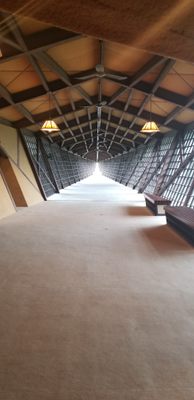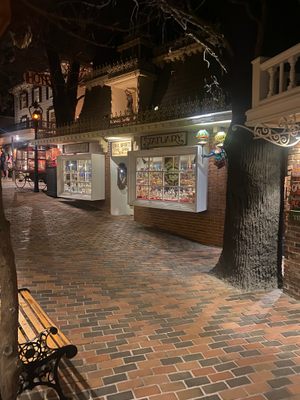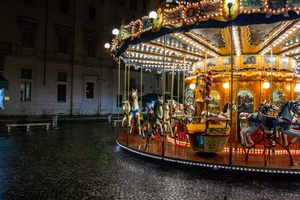About
During the 1940s, a man named Alex Jordan saw a 60-foot chimney of rock in beautiful Wisconsin. It was here that he decided to build a house on the sandstone formation called Deer Shelter Rock.
Jordan built the house as a weekend retreat and never intended it to be a tourist attraction. However, people kept coming to see the architectural wonder they had heard about. Jordan eventually started asking for 50-cent donations. That was only the beginning. The 14-room house is the original structure of what is now a complex of many buildings, exhibits, and garden displays.
It can take many hours to walk through the House on the Rock, and it’s nearly impossible to see it all in one day. Among the collections of collections within is the world’s largest carousel, boasting 269 carousel animals, 182 lanterns, more than 20,000 lights, and hundreds of mannequin angels hanging from the ceiling all around it.
Jordan was a collector all his life and enjoyed visiting museums; however, he did not want The House on the Rock to be a museum. He intended it to be much more. Though parts of the collections could have easily found their way into museums, The House on the Rock is more of a trip through the wild and fantastic imagination of Alex Jordan than a visit to a dusty museum.
In December of 1988, Alex sold The House on the Rock to longtime associate Art Donaldson, a collector and a businessman who shared his broad interests. Jordan remained at The House on the Rock as Artistic Director until his death on November 6, 1989. Art Donaldson continued to own and operate The House on the Rock until his death in 2018, and the property has remained in the family.
Related Tags
Know Before You Go
Be sure to visit the website and make arrangements online in advance or over the phone.
The "House" and its surrounding warehouses take several hours to walk through, even at a brisk pace. Unlike a museum, there aren't clearly marked ways to visit the sections you have interests in—you are on a set path through the entire collection of collections. Many collections have no labeling because they were previously labeled originals when in fact they are reproductions. If you are sensitive to dust and/or musty conditions, a visit here will set your senses on edge.
Community Contributors
Added By
Published
May 20, 2013


